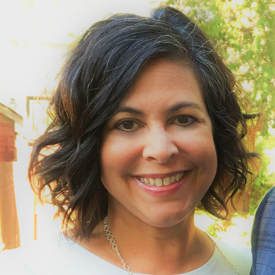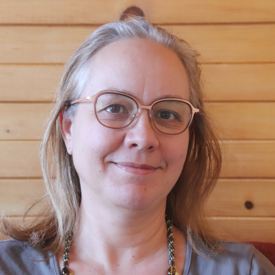In the award’s fifth year (in a year unlike any other), we are thrilled to note that the outstanding quality of submissions allowed two awards to be presented.

Carla DeSantis was presented with a Ewart-Daveluy Award for her index to Heather Bamford’s Cultures of the Fragment: Uses of the Iberian Manuscript, 1100–1600, published by University of Toronto Press.
One of the challenges to indexing this book was to correctly identify the array of proper names, titles, and terms spanning a huge range of languages. Carla’s index accomplishes this. In addition, the major themes are well analysed with consistent and informative sub-entries and entries for a considerable and useful gathering of scattered discussions. Of note is that this is only Carla’s second index!
View an excerpt from the index, courtesy of University of Toronto Press.

Anna Olivier was presented with a Ewart-Daveluy Award for her indexes to Les générations des Soufis: Tabaqat al-sufiyya de Abu Abd al-Rahman, Muhammad b. Husayn al-Sulamī, translated and presented by Jean-Jacques Thibon, and published by Brill.
The complex text is analysed and indexed in creative ways. Anna’s indexes were found to be valuable tools for various scholars, including those doing research in the Science of Hadith, and equally useful to linguists, literary critics, and specialists.
View Anna’s work, which includes a glossarial index plus separate indexes for names, places, themes, and works, courtesy of Brill publishing.

